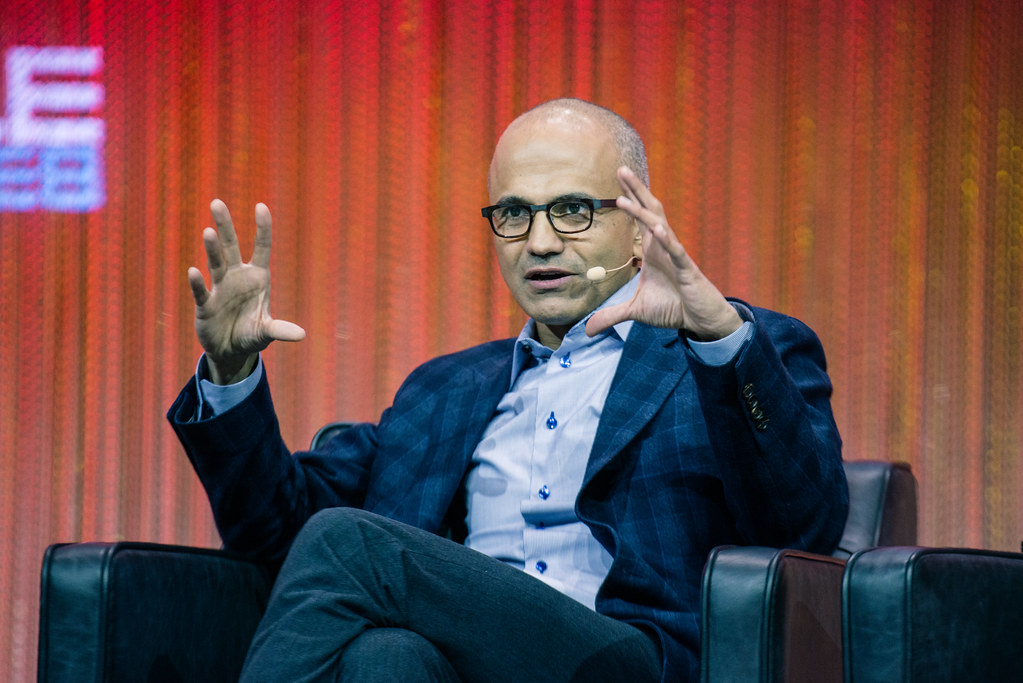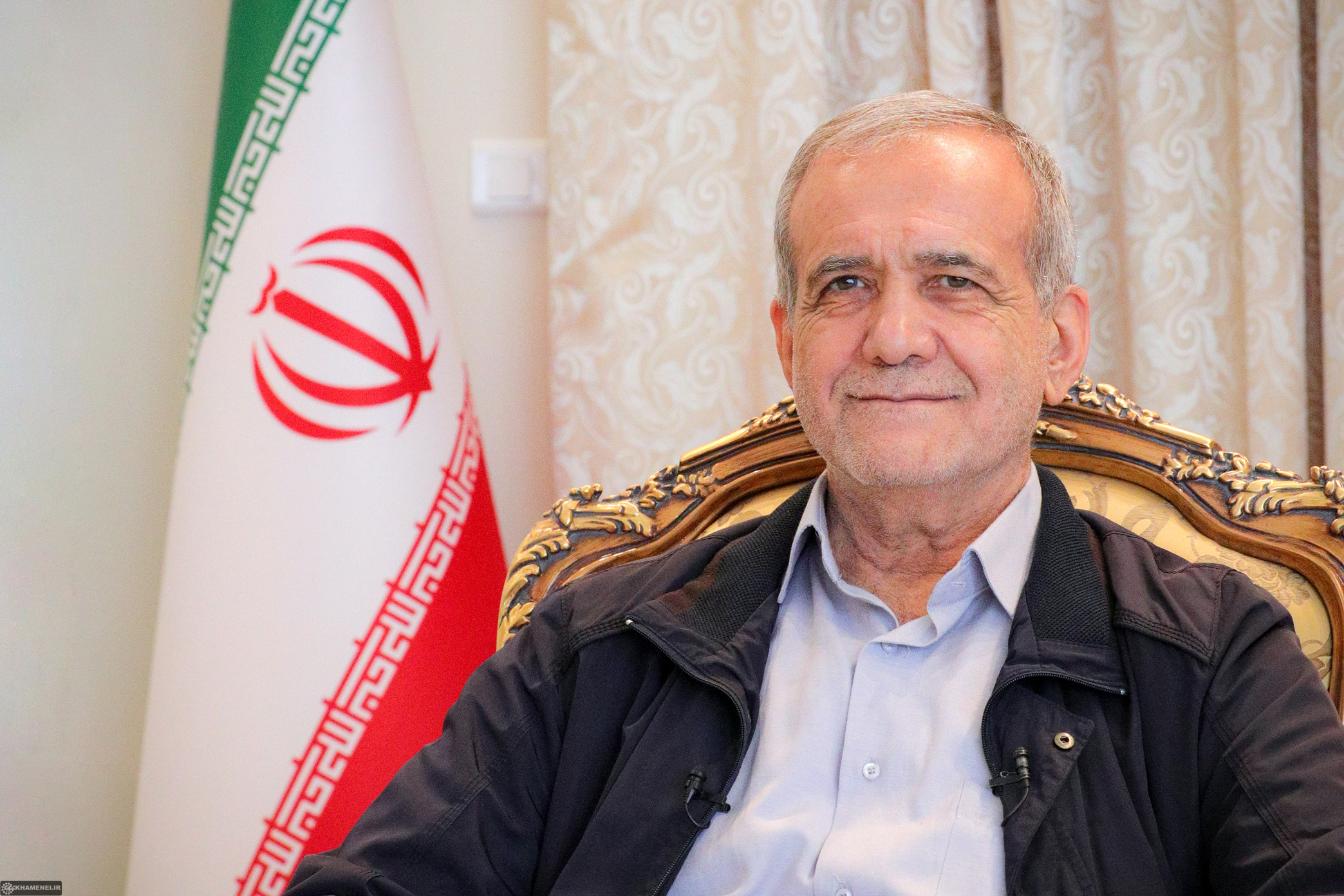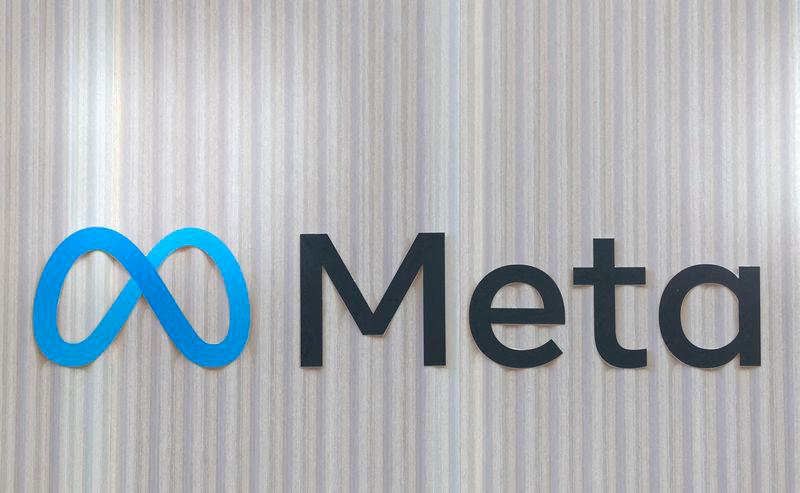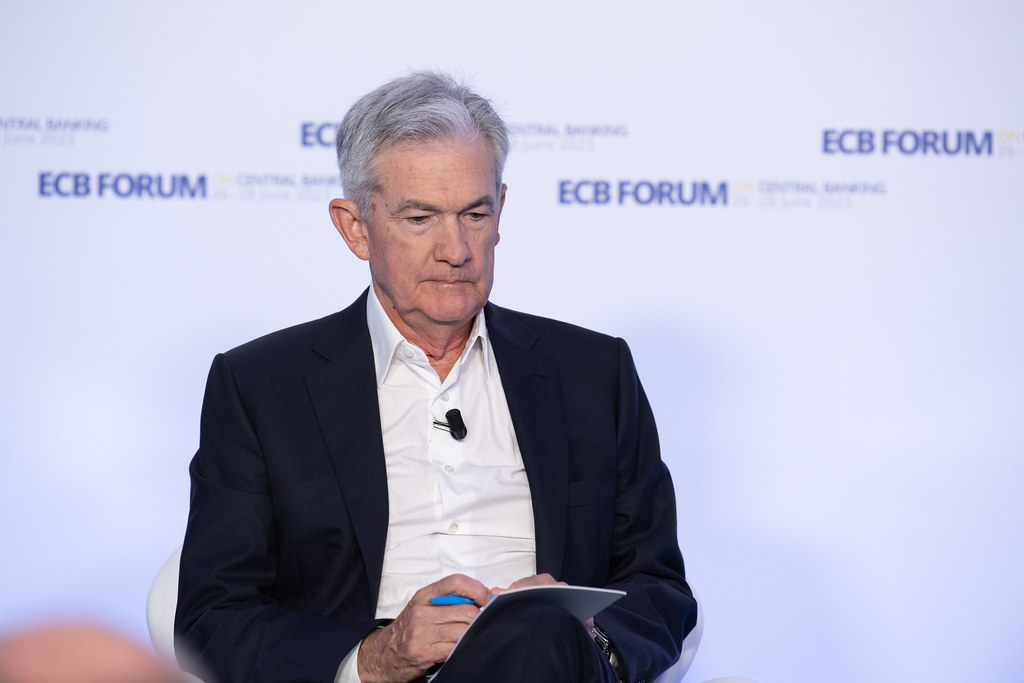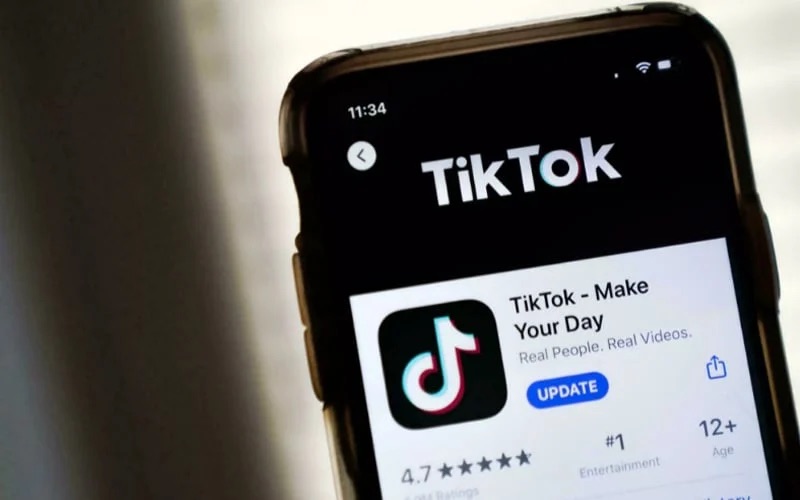President Donald Trump signed an executive order on Thursday aimed at reshaping the United States’ approach to artificial intelligence (AI). This new directive revokes existing government policies that Trump claims “act as barriers to American AI innovation.” The order focuses on “human flourishing, economic competitiveness, and national security,” while calling for the development of a comprehensive AI action plan within 180 days.
The AI action plan will be led by a group of White House tech and science officials, including David Sacks, who has been appointed as the Special Advisor for AI and Crypto. This move marks a departure from the Biden administration’s policies, which were designed to ensure AI technology did not harm the public while fostering innovation. Biden’s 2023 policy required tech companies to disclose details about their AI systems before public deployment to ensure safety.
Trump’s executive order instructs the White House to revise and reissue guidelines on how federal agencies acquire and use AI tools. The goal is to track down and review “all policies, directives, regulations, orders, and other actions taken” as a result of Biden’s AI executive order, which Trump rescinded just hours after returning to the White House on Monday.
In his statement, President Trump emphasized the need for AI systems that are “free from ideological bias or engineered social agendas,” echoing concerns voiced by his advisor Elon Musk, who has criticized “woke AI” for reflecting liberal biases. The Trump administration contends that Biden’s AI policies imposed “unnecessarily burdensome requirements for companies developing and deploying AI,” which they believe could stifle innovation and threaten American technological leadership.
Alondra Nelson, former acting director of the White House Office of Science and Technology Policy under Biden, expressed concerns that Trump’s order might undo policies “that are already helping people.” She questioned whether the Trump administration would prioritize public rights and safety in the age of AI, saying: “In 60 days, we’ll know which Americans’ rights and safety the Trump Administration believes deserve to be protected in the age of AI, and if there will be a level playing field for every technologist, developer, and innovator or just the tech billionaires.”
Eric Gastfriend, an expert in AI policy, described the executive order as “a placeholder until the administration has a chance to develop a full strategy for executing that vision.”
What The Author Thinks
The shift in AI policy under Trump’s executive order raises significant concerns about the balance between fostering technological innovation and ensuring the safety and rights of citizens. While the intention to streamline innovation by removing perceived barriers is commendable, the removal of stringent safeguards could risk public trust and safety in the deployment of AI technologies. The administration must ensure that the drive for competitiveness does not compromise ethical standards or the broader societal implications of AI advancements.



